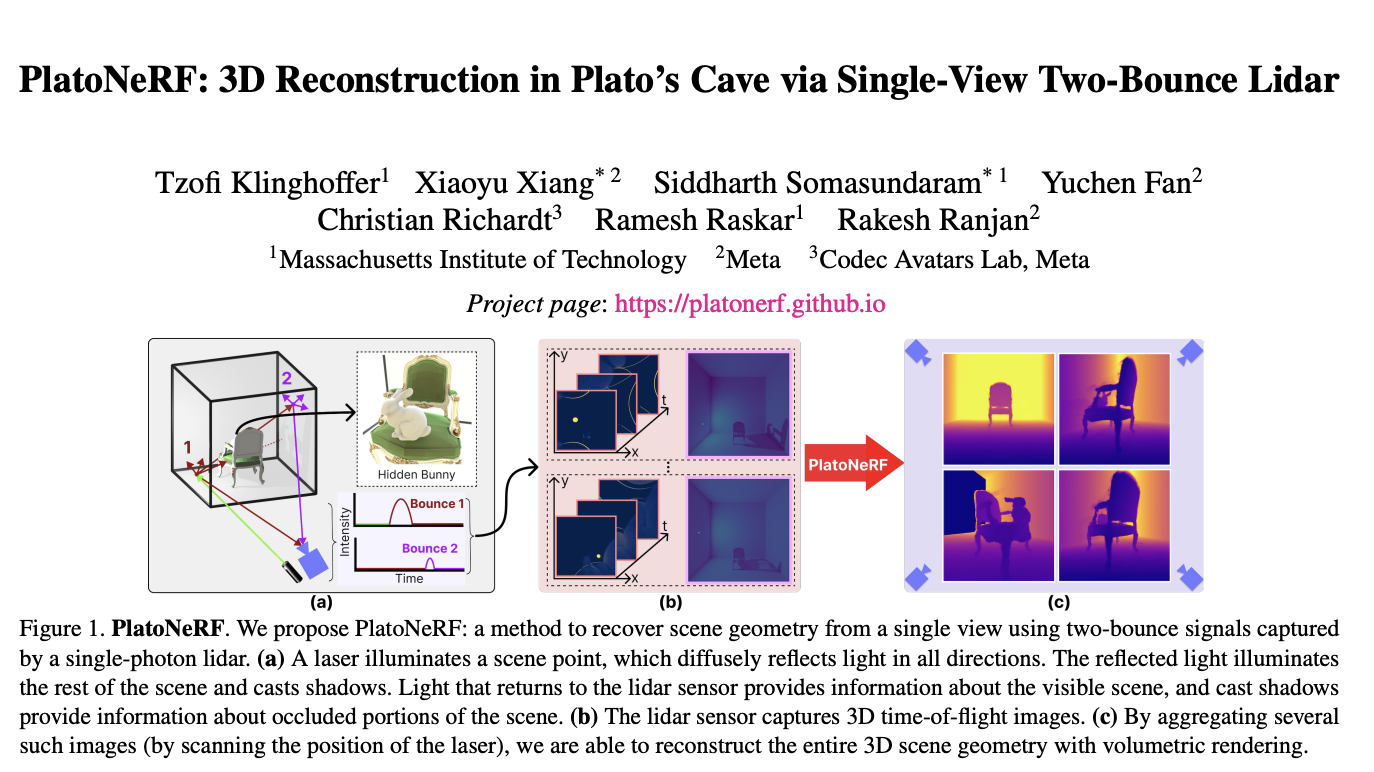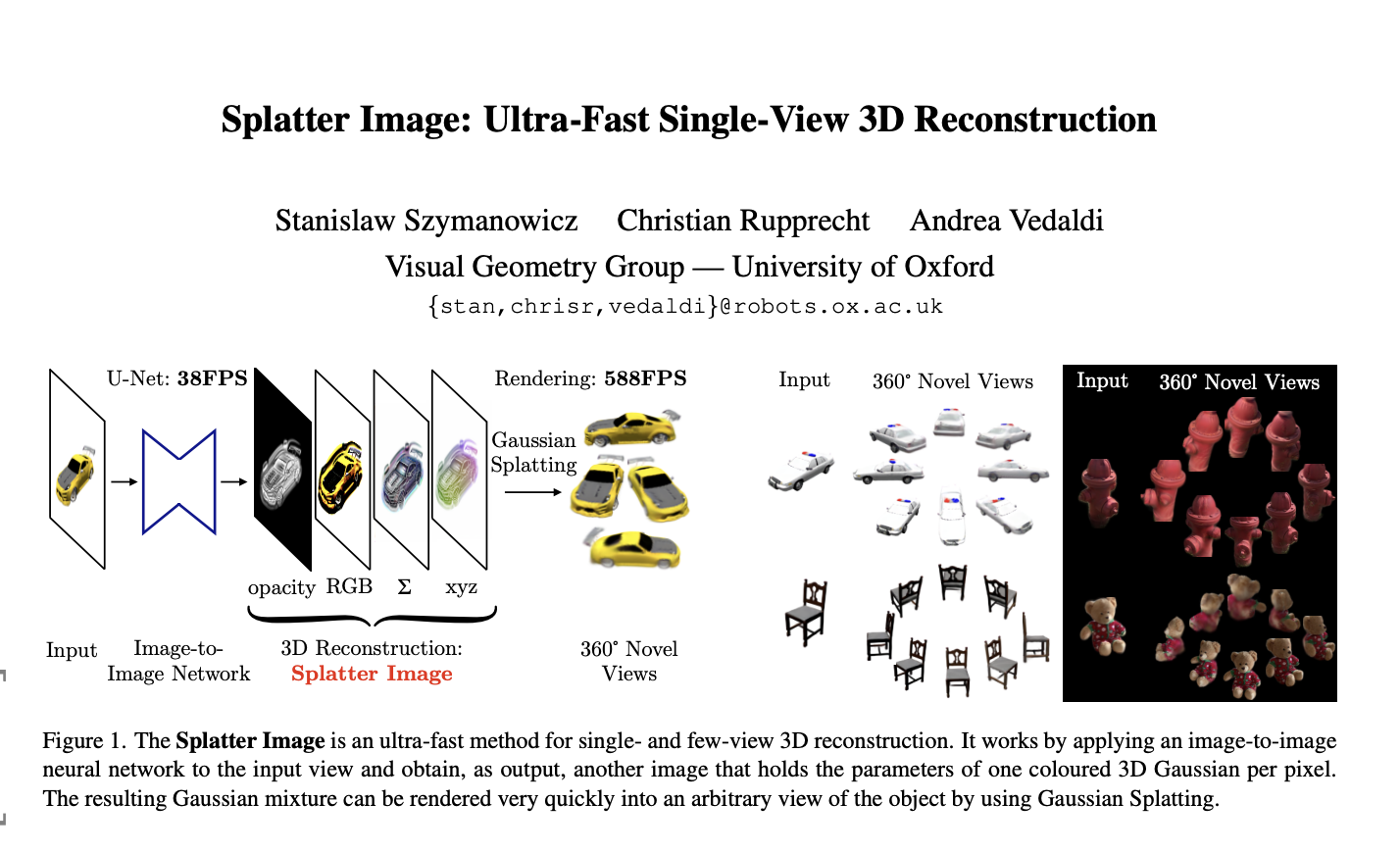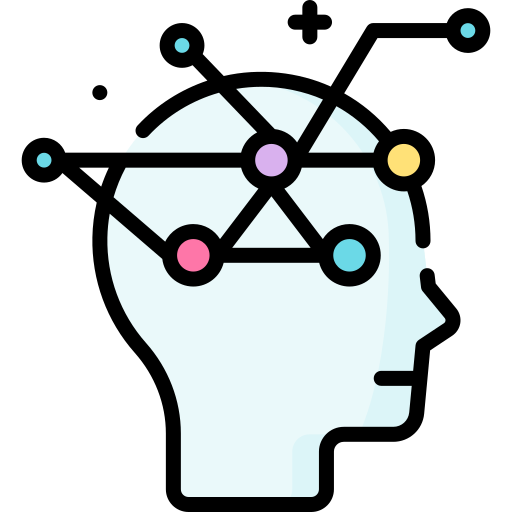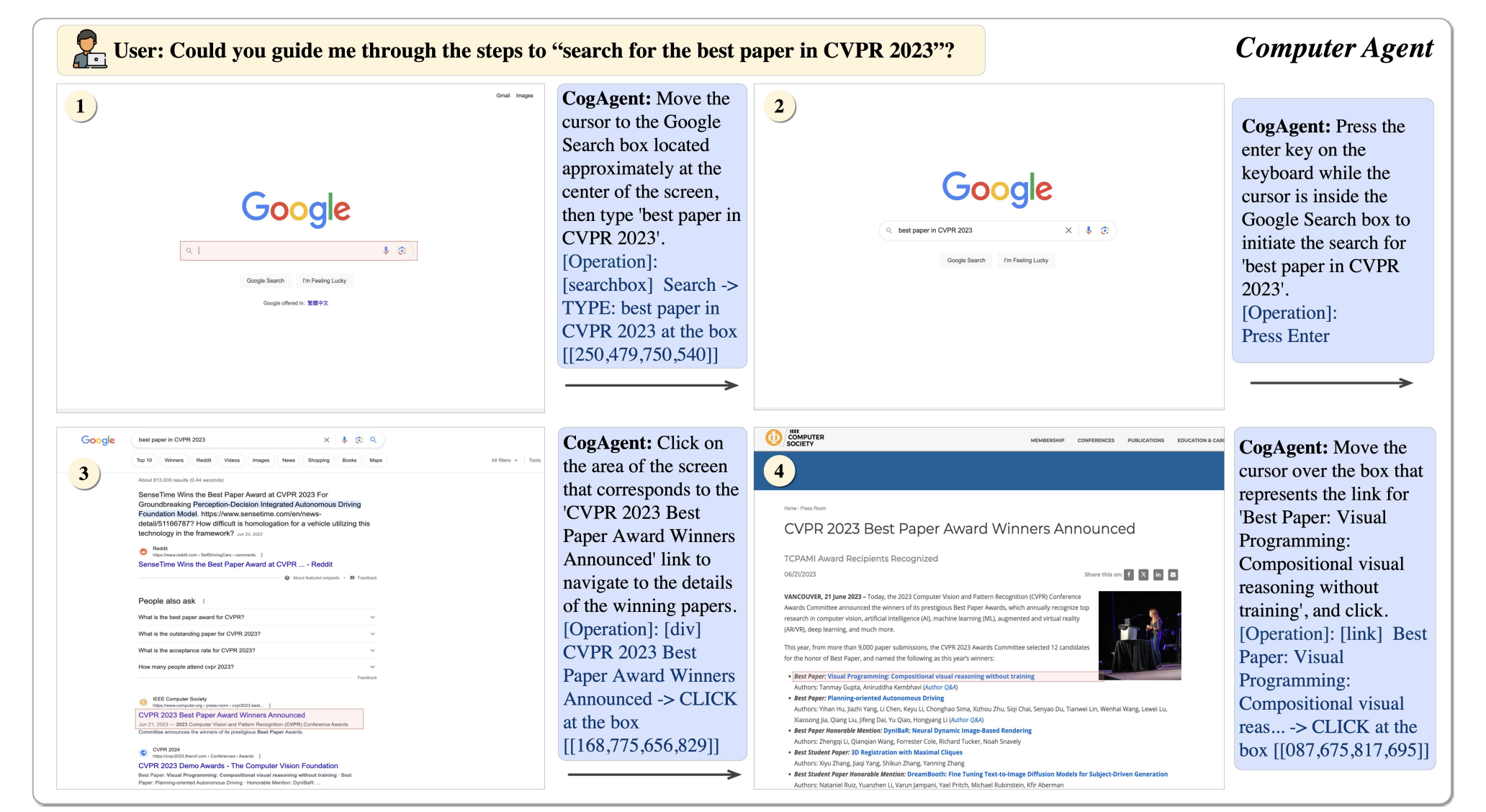Artificial intelligence (AI) refers to developing computer systems that can perform tasks that typically require human intellect. These tasks include learning, reasoning, problem-solving, understanding natural language and perception. It’s about creating machines that can think and adapt.
Introducing AI in manufacturing presents challenges and concerns in addition to its significant benefits, causing companies to…











